
Imagine an Irish Castle Wedding
Go for a drive through the heart of Ireland, meandering among lush green fields strewn with sheep and cows until you reach your destiantoin. Up a long winding path, drive towards the resurrected ruins of an elaborate 18 century architectural gem that covers a sprawling 70 acres of land – an estate ruled by the same clan for over 300 years.
Upon entering the grand foyer of a castle, guests will witness the magic of a spectacular wedding venue first hand, one that doesn’t even require a touch of decor.
It doesn’t take much for jaws to touch the ground.
In this article, I present a short guide to planning a destination wedding in Ireland and what to expect once you arrive on the Emerald Isle.
The best part about traveling in foreign lands is being able to meet the locals, learn the history and traditions of a place, and partake in authentic cuisine!
Traveling around Ireland is no different – it has its own quirks. Some aspects of the country seem ahead of North American while other things seem far behind. I enjoy listening to the accents here in Ireland and hearing idioms, thinking to myself, “so that is where that saying comes from.” Other times I am puzzled and think, “Eek! What are they saying? I can’t understand.”
All in all, Ireland is truly a magical, warm and hospitable place filled with real live castles, lush green rolling hills, and stunning vistas. A memorable wedding day is practically guaranteed.
Facts About Ireland
- Languages Spoken: English and Gaelic (Irish)
- Religions: Predominantly Christian (especially Catholic and Protestant)
- Currency: Euro (€)
- Capital City: Dublin
- Counties: 32
- Visa Needed for North Americans: No
- Public Holidays: Check Time and Date.com for current holidays
- Driving: On the left side of the road
- Mileage: In kilometers (km)
Flying to Ireland

International Airports
- Dublin: Long-haul (US: Atlanta, Dallas, Boston, Chicago, Los Angeles, Las Vegas, San Francisco, Newark, New York, Heartford, Orlando, Philadelphia, Washington, Canada: Toronto, Montreal, St John’s), European, British and local flights.
- Shannon: Long-haul (Boston, New York), European, British
Knock: US: New York (Charter), European (charter), British - Cork: European, British
If you plan to visit another European Country first, other airports for a flight to Ireland are:
- Galway: European, British and local flights.
- Aran Islands and Connemara Regional Airport: Flights to and from the Aran Islands off Ireland’s west coast.
- Donegal: Flights to Dublin and Glasgow.
- Kerry: European, British and local flights.
- Sligo Airport
- Waterford Airport: Served by flights from French and British flights.
International Airlines
Airlines flying to Ireland from North America (from USA and Canada to Ireland):
- Aer Lingus
- American Airlines
- Continental Airlines
- Delta Airlines Inc
- United Airways
- US Airways
- Air Canada
- West Jet
Getting Around

Ireland has both a train system called Irish Rail that connects Dublin to major cities and towns around the country, as well as a bus service called Bus Ireann. Fares are reasonable for both the bus and train.
I still highly suggest couples and any guests rent vehicles to get around while in Ireland. Driving on the left hand side around narrow country roads is tricky at first, but can be mastered in short order.
Most rental cars will be standard transmission as opposed to the automatic rental car we are used to in North America. You can get an automatic rental car over here in Ireland, but they are much more expensive and limited in number. I would suspect if you tried to rent 25 automatic cars, you would exhaust the entire fleet!
Legal Requirements for Marrying in Ireland

Legal civil ceremonies in Ireland are not a matter of just showing up and saying I-Do. There will be paper work that couples will need to fill out, and an application must be made 3 months in advance before you can tie the knot. It can be a head ache to make sure everything is done correctly. Check out an article I wrote on Legal Requirements for Marrying in Ireland for more information.
Money & Wedding Costs
Cash
The Republic of Ireland’s currency is the Euro (€). Bank notes come in €500, €200, €100, €50, €20, €10 and €5 denominations. If you try using anything above a €100 note in shops they may not accept it, or will carefully inspect it. With 100 cents making up €1, the following coins circulate in Ireland: 1c, 2c, 5c, 10c, 20c, 50c, €1 and €2.
Credit Cards
Visa, Mastercard/Eurocard are widely accepted in Ireland. All grocery stores, hotels, shops, gas stations, restaurants, pharmacies, transportation, etcetera will accept credit cards.
Other cards: American Express is accepted, but not as common as in the United States or Canada. Diners Club, JCB, and Discover are generally not accepted. It is not advisable to rely on these cards as a sole method of payment while in Ireland (or the rest of Europe).
You will find that some retailers in small towns or villages may only take cash. Certain stores will refuse credit cards for amounts smaller than 10 euros. It isn’t too hard to find an ATM though, and I would advise always having some cash on hand, especially if you are planning on shopping in small stores or in rural areas.
I have even read that some travelers find a few Bed & Breakfasts who indicate they accepting credit cards, but once guests arrive it is a different story. Just like in the US or Canada, some shops will only accept debit cards. Don’t be alarmed if the store you are shopping at won’t take your credit card. This is particularly true for the discount supermarket chains Aldi and Lidl.
Tax
The tax in Ireland is called VAT (“Value Added Tax”) and it is applied to most goods and services. The rate will depend on the type of product you buy, but most items are subject to the current rate of 23%. The one great part about VAT is that unlike North America, where you have to pull out some old high-school math skills, the price you see on the price tag includes VAT. No complex arithmetic required at the checkout!
Wedding Costs
According to weddingsonline, who surveyed over 1400 couples about their Ireland wedding costs, the average amount spent was €29,624 including the honeymoon, which is equivalent to over $35,000 USD.
Of course with a little research and some careful planning you can organize a budget friendly wedding abroad for under $10,000. At the other end of the spectrum, you can plan an ultra luxurious wedding in a castle and splurge on everything your heart desires.
One great advantage of a destination wedding is that you have a built-in honeymoon escape! You have already traveled somewhere abroad, so why not add on your honeymoon? The proximity of Ireland to mainland Europe means you are bound to find a cheap flight to Portugal, France, or Italy to spend time together as newlyweds.
How to pay your wedding vendors in Ireland isn’t too difficult to sort out. Vendors usually accept all major credit cards or electronic fund transfer. Of course, if you are planning a wedding in a rural area it is best to check which payment method a vendor will accept.
Weather & Climate
There’s no doubt about it, Ireland is a mild and wet country. The weather can be unpredictable and change very quickly – sunny one minute and raining the next, producing outstanding rainbow opportunities!
We were driving from Carrick-on-Shannon to Sligo in the north of Ireland earlier this year and experienced rain in the morning, then sleet around lunch time, and finally glorious sunshine by the time we made it to our cliff viewing destination similar to below.

If you have your heart set on an outdoor wedding in Ireland be sure to have a back up plan because it just might rain at some point.
Average Temperatures
The warmest months in Ireland are July and August.
Spring: February to April, the average highest temperatures range from 46 to 54°F ( 7.7 -12.2°C), with April being considered particularly pleasant.
Summer: May to July, the average high ranges between 64 and 68°F (17.7-20°C).
A particularly interesting bonus fact to note: during late June and throughout July there is an abundant 18 hours of daylight. It actually only gets dark after 11 pm – perfect for an al fresco style reception.
Autumn: August to October, the highest temperatures will get between 57 and 64°F (13.8-17.7°C), with September being considered a mild, temperate month.
Winter: While the coldest months in Ireland are January and February, the air temperatures inland will normally reach 46°F (7.7°C). The temperature can drop to below freezing occasionally, sometimes seeing a cold snap that can bring a little snow.
Ireland is bustling during the summer months with festivals at every corner, and would be considered the high season for visitors. Whereas autumn and spring are considered mid-season, both bringing their own unique delights.
Culture & Etiquette

An Irish phrase, “Céad Mile Fáilte,” which in Gaelic language means ‘a hundred thousand welcomes.’
One saying that you will hear not only in a local pub, but on the streets of small and large towns alike is the Irish slang word ‘craic’. It is pronounced like the word crack, and it generally translates to have a good time. The Irish people are generally relaxed and laid back. We find most people we meet are but friendly, fun loving, and a very hospitable bunch.
No matter where you host your wedding in Ireland, a very warm welcome awaits you.
Traditions
Ireland has many wedding traditions that are steeped in history. If you want to add a bit of Irish culture to your own wedding day, perhaps to recognize your own Irish heritage, there are plenty of customs to choose from. A few examples include:
- the bride carrying a porcelain horseshoes down the aisle,
- handfasting,
- giving bells as wedding favors,
- the bride wearing her hair braided with ribbon entwined,
- and loads more
English is the main language spoken in Ireland, although you can still find pockets of villages in the west of Ireland called a ‘Gaeltacht’ where Gaelic would be the spoken language. In these areas you will see Gaelic signs without an English language translation.
Food & Drinks

Since living in Ireland, my husband and I have learned that all livestock in Ireland are highly regulated and can be traced back to the exact farm. Almost all animals are out in open air fields, eating natural grass and living a normal animal life. It is something that I was pleasantly surprised to find.
Typical Irish meals you will find on a menu:
- Irish Stew – usually made with lamb or mutton along with vegetables
- Irish Breakfast – large breakfast consisting of fried eggs, bacon, sausage, tomato and black pudding (blood sausage) and white pudding (pork and oatmeal sausage)
- Soda Bread – a quick bread using baking soda instead of yeast
The most famous Irish drink of all is obviously Guinness. However, there are other stouts and beers brewed in the country such as Beamish and Murphy’s, which are brewed in Cork.
Stout has become so popular in Ireland that small micro-breweries are popping up and selling small quantities of the stuff. Much like how Portland has become a hub for craft beers in the US.
Another popular choice for alcoholic drinks on tap are ales and ciders. This includes Bulmer’s Cider and Smithwick’s Ale. Just ask the bartender if you are unfamiliar with Irish beer and he will be happy to assist.
Last but not least is Irish whiskey. It comes in single malt, single grain, and blended whiskey. If you are a whiskey connoisseur, a trip to a whiskey distillery in Ireland is a must.
Counties in the Republic of Ireland
The geography of Ireland is generally rolling hills and rocky coastal shorelines. White sandy beaches can be found in various parts of the country, as can a few small mountain ranges.
The whole island of Ireland is divided into 4 provinces, which includes Northern Ireland as well as the Republic. The three provinces in the Republic of Ireland are broken down further into 26 counties. Northern Ireland has 6 counties which form the remainder of the 32 total counties in Ireland.
Each county is rich with its own history, local tourist attractions, climate, and most of all the stereotypical Irish green beauty that stretches for as far as the eye can see. Endless postcard worthy moments make Ireland a destination wedding location on par with the best in the world.
Venues
Often, the couples who want to get married in Irelend, want venues steeped in history, surrounded by vista views, and architectural gems that you just won’t find back home. They seek a wedding venue that speaks for itself and makes the process less about decor and more about the natural beauty of a venue and setting.
Ireland Wedding Inspiration
We have take a look at some inspiration for your Ireland weddings in our “real weddings” catalog:
- Colourful Dublin City Hall Wedding
- Springfield Castle Destination Wedding in Ireland
- Wintertime Wedding at Darver Castle in Ireland
Ireland Wedding Planning Services
Destination wedding planning can be a painful experience: contacting unknown vendors in strange lands, with different time zones, and who sometimes speak with thick accents … not a recipe for wedding success.
Consider working with a local agency. They are on the ground in Ireland ready to assist in planning your destination wedding from start to finish. They’ve built connections with some of the best venues in Ireland including castles, manor houses, B&Bs and more. Let them do the leg work to arrange vendors on your behalf and get the best deal possible.
Look for someone who will provide seamless support for couples who plan to wed in Ireland from afar and need help with:
- Full Wedding Planning
- Wedding Day Coordination
- Help finding that perfect venue
Scenario A
You = Always known you wanted an extremely intimate wedding somewhere special
Wedding Service Vendor = Will give you that extremely intimate elopement experience in Ireland!
Scenario B
You = Fed up with everyone’s opinion, advice, and drama for your wedding
Wedding Service Vendor = They hear you loud and clear. They will make your Ireland elopement uniquely special!
Venue Search

Have you spent countless hours trying to find the perfect wedding venue in Ireland?
After a while, one castle starts to look the same as the next — turrets blend seamlessly with arches and stone begins to look like wood.
You have reached a point of venue fatigue.
A venue is an important component of your overall wedding day. It should fit with your wants, desires, style, and budget. A good agency will find that venue of your dreams and have you gawking at stone turrets in no time.
Day-of-Coordination

You have Two Choices:
- Do Everything Yourself – Enlist your friends, family, and even wedding guests to execute your wedding day dream. Sweaty guests that work for their meals are not happy guests. Plus, you don’t want to be the last one at the wedding venue taking down streamers and packing leftover champagne bottles. You should be with your new spouse on your newlywed night!
- Outsource – Let someone else handle all the nitty-gritty details on your wedding day. Guests can relax, you will be less stressed, and all is well!
Benfits
While it is possible to plan your own destination wedding from afar, hiring an experienced wedding planner brings so many added benefits. Here are just a few reasons our services will benefit you:
- Someone else will guide you through all the necessary paperwork to make sure you have the best possible chance of being granted a legal wedding ceremony here in Ireland
- They will recommend a dream team of vendors based on your budget, personality, and style
- They will save you hours of researching, liaising and organizing with vendors.
- They will free you from time zone nightmares — what time is it in Ireland!?
- They will guide you through the best ways to easily and securely transfer money
- They will ensure we are on top of every detail, so that you can focus on your memorable wedding experience! Spending one-on-one time with guests is most important, let us worry about the behind-the-scenes logistics.
Love and Lavender does not provide wedding services anymore. Here is a list of wedding planners you can contact:

Service Providers
coming soon
Did you find this useful? Did you learn something from it? If you did, SAVE THIS PIN below to your Wedding Planning board and check this post out at a later time.



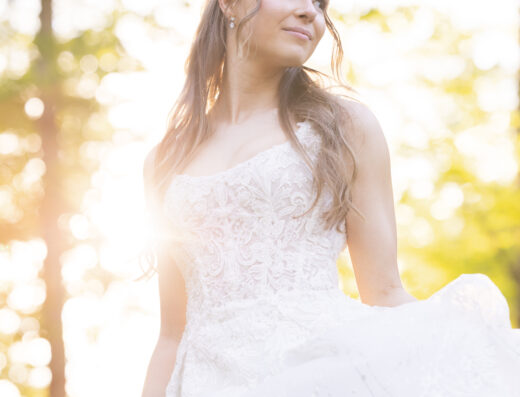
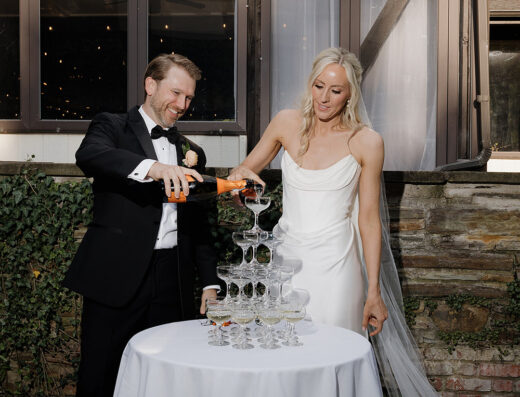


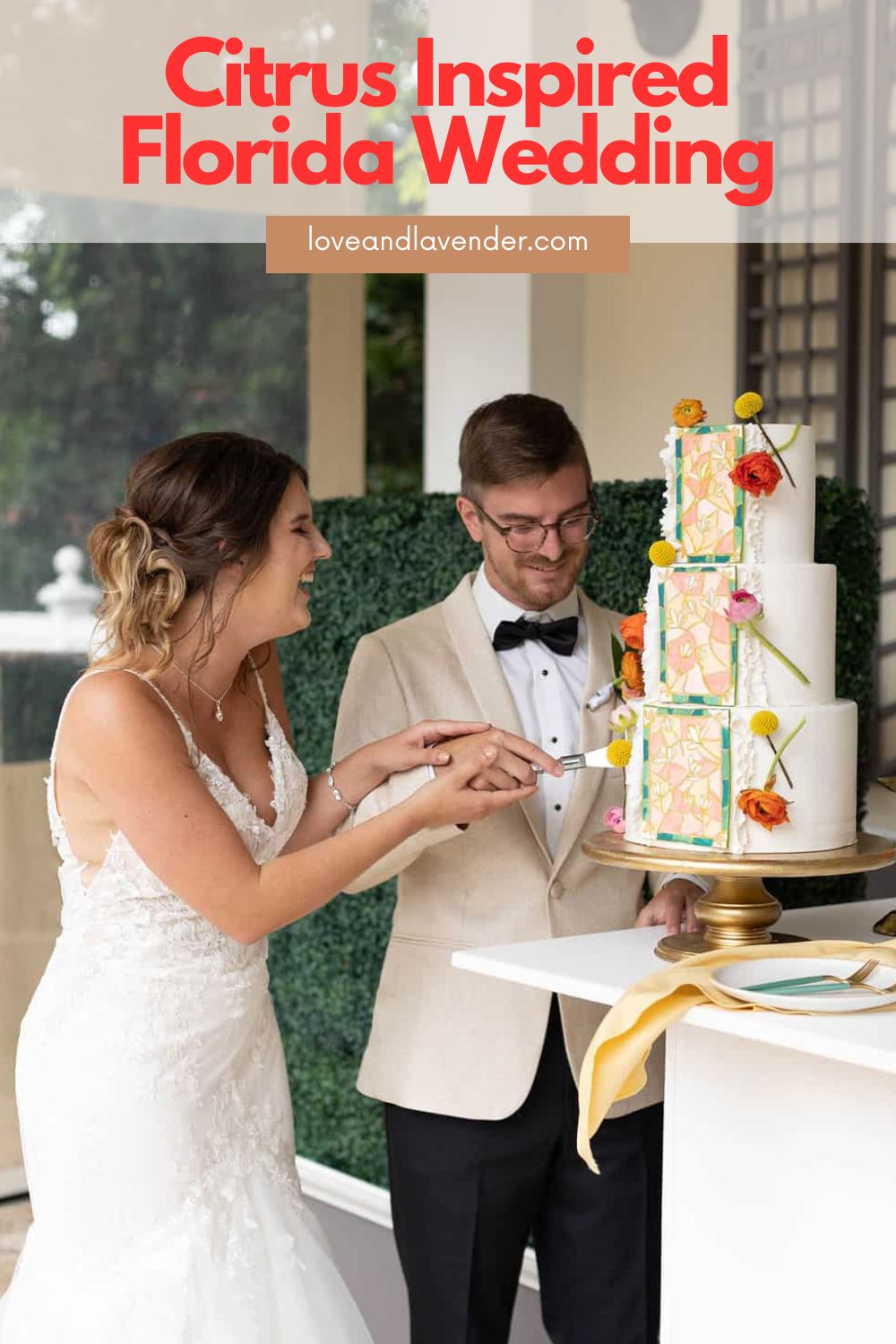
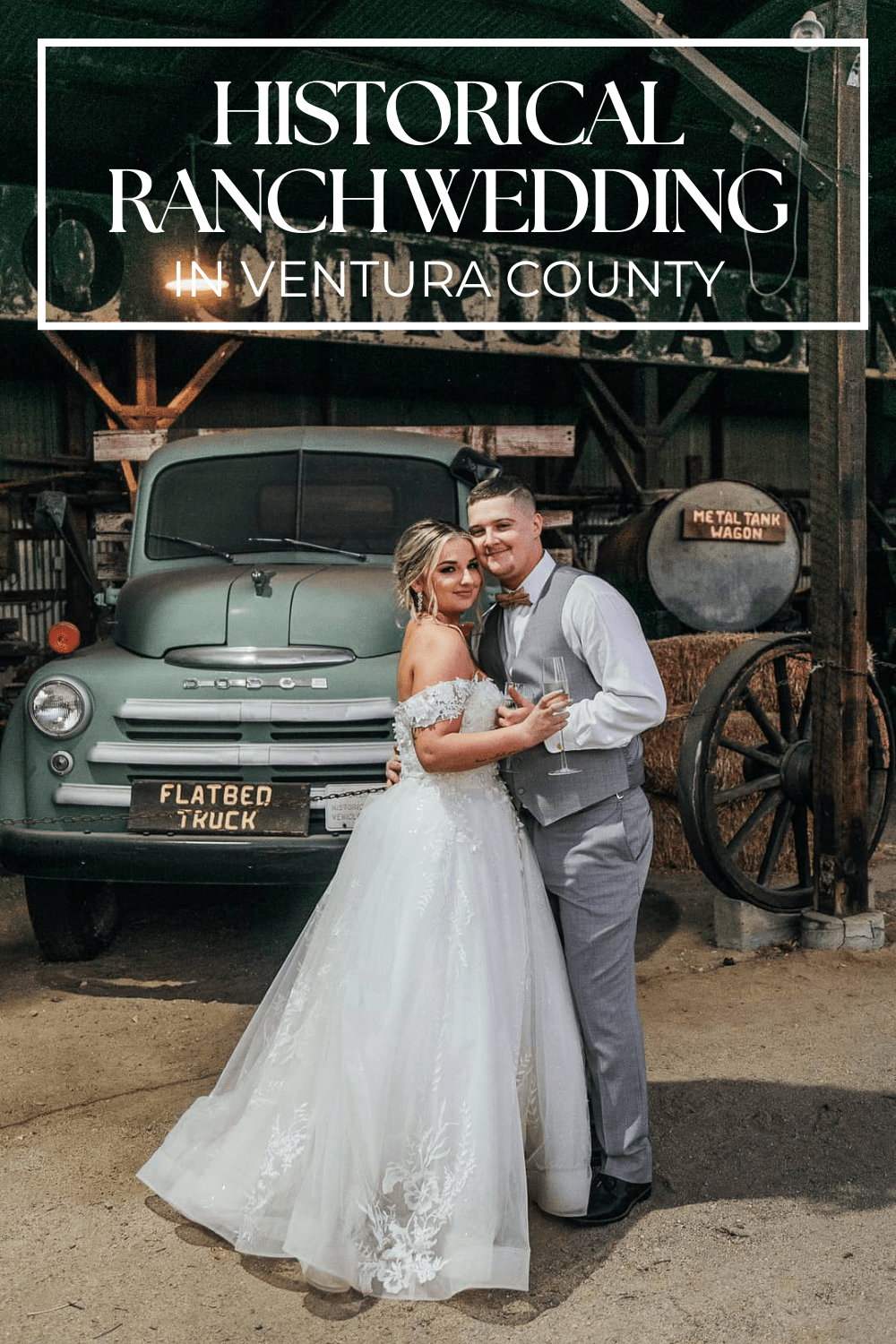


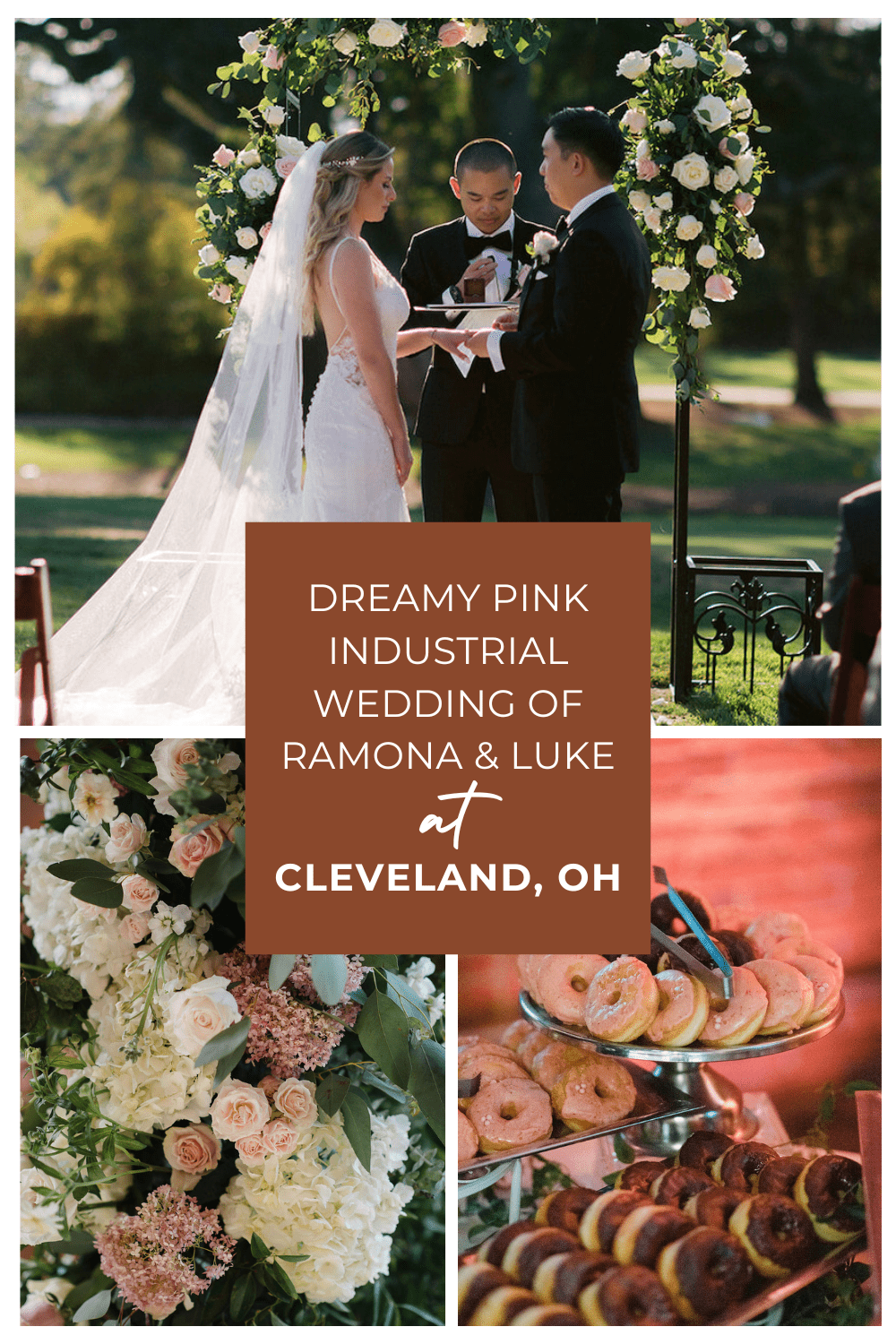
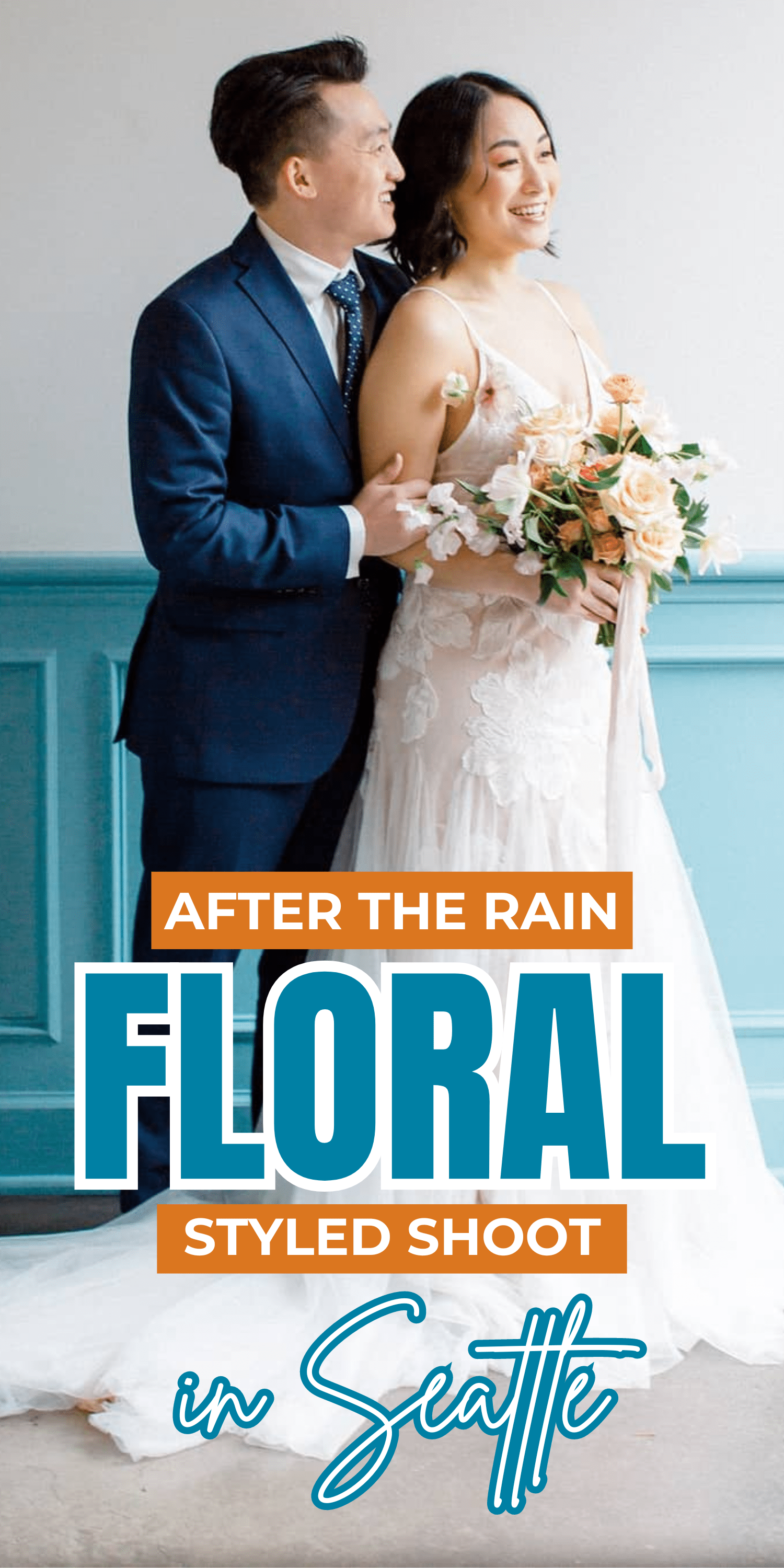


Lauren Wilburn
April 6, 2019 at 3:25 pmInterested in an Ireland wedding. Would like more info!
Helpful ReviewSuzanne Rogers
June 26, 2019 at 3:16 pmHi- I have recently got engaged and I am keen to know more info on venues in Ireland- county Mayo in particular (or close).
Helpful ReviewThanks
Pat McGee
October 24, 2020 at 2:34 pmLooking for info on a castle wedding in August 2022 that would also include lodging
Helpful Review